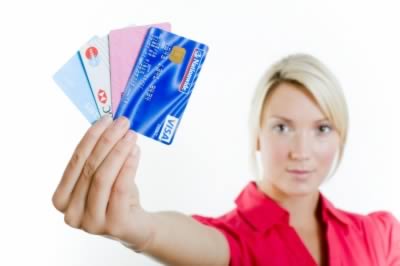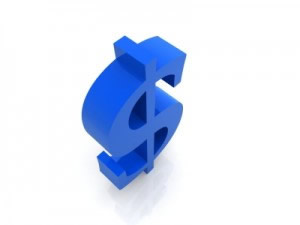Should you pay off credit cards with a home equity line of credit?
Published 12/1/10 (Modified 3/9/11)  By Joe Taylor Jr.
By Joe Taylor Jr.
During the real estate boom of the early 2000s, paying off a credit card with help from a home equity loan seemed like a no-brainer. After all, housing prices in most parts of the country were skyrocketing. Why would you pay double-digit interest rates on a credit card when you could cut those finance charges in half or more?
In hindsight, all those refinance deals might not have been the best ideas. Where property values declined, some homeowners found themselves underwater on second mortgages and home equity lines of credit (HELOC). Now that banks have recapitalized and mortgage rates have dropped to all-time lows, home equity loans look attractive again.
Benefits of paying down high interest debt
With many credit card issuers changing their business strategies after the financial crisis of 2008, interest rates rose while credit limits dropped. Meanwhile, new federal regulations forced banks to increase monthly minimum payments on most unsecured credit card accounts. For some consumers, this double whammy wrecked monthly budgets and even caused a cascade of late payment and over-the-limit penalties.
If that scenario sounds familiar, a home equity loan could help you reboot your personal finance portfolio. Instead of surfing balance transfer credit cards and making multiple minimum payments, a mortgage refinance lets you pay just one or two lenders. Because the FICO score and other credit reporting tools review the percentage of
Read the full article » By Sierra Black
By Sierra Black